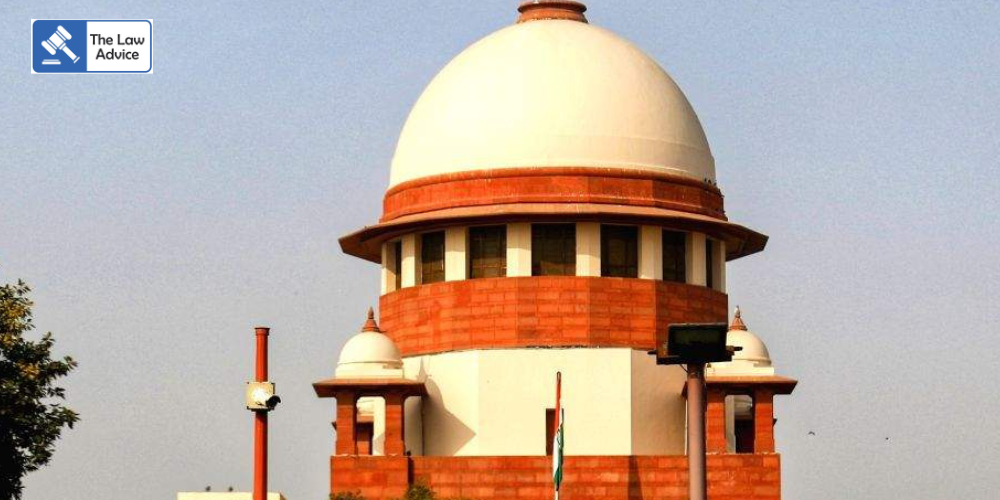
The Supreme Court, in a suo motu matter concerning arbitrary summoning of advocates by investigating agencies, has strongly criticised the Gujarat High Court for declining to entertain a plea filed by an advocate who had been summoned in a case where he appeared as counsel.
A bench comprising Chief Justice of India BR Gavai, Justice K Vinod Chandran, and Justice NV Anjaria observed that such refusal amounted to an abdication of the High Court’s constitutional and inherent powers. The Court clarified that investigating authorities cannot indiscriminately summon lawyers to disclose client information, and such action is permissible only under the limited exceptions provided in Section 132 of the Bharatiya Sakshya Adhiniyam (BSA).
The suo motu proceedings stemmed from multiple instances of summons being issued to advocates across states. The issue was initially referred to a larger bench by Justices KV Viswanathan and NK Singh while dealing with a case where the Gujarat Police had summoned an advocate representing an accused person.
The present bench held the summons to be “illegal and contrary to Section 132,” noting that the purpose—to extract case details from the advocate—was impermissible. “We are astonished that the High Court, a Constitutional Court empowered under Section 528 of the BNSS, refused to intervene,” the judgment authored by Justice Chandran stated.
The Court further termed the High Court’s reasoning—that the lawyer’s non-response to the summons was stalling the investigation—as flawed and unreasonable. “Such dismissal reflects abdication of the High Court’s inherent powers and undermines the principle of client-lawyer confidentiality,” the bench remarked.
Emphasising that compelling advocates to reveal client information infringes upon fundamental rights against self-incrimination and the right to effective legal representation, the Supreme Court underscored that this breach violates both evidentiary principles and constitutional guarantees.
The bench also issued comprehensive guidelines governing how investigating agencies should handle the production or seizure of advocates’ documents and digital devices containing privileged client data.
Case: In Re: Summoning Advocates Who Give Legal Opinion or Represent Parties During Investigation of Cases and Related Issues | SMW (Crl) 2/2025
Website designed, developed and maintained by webexy